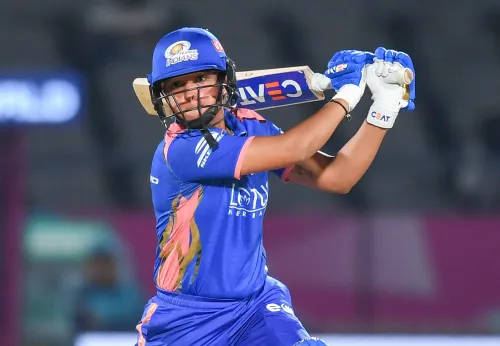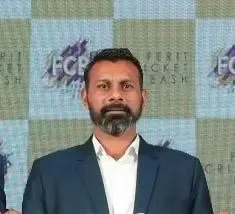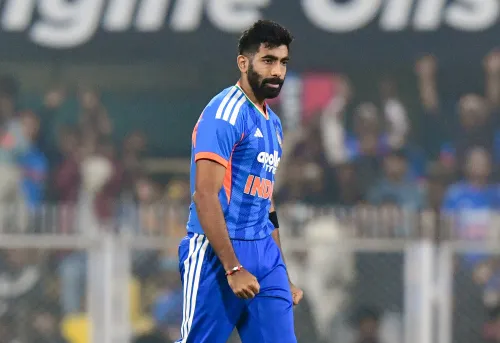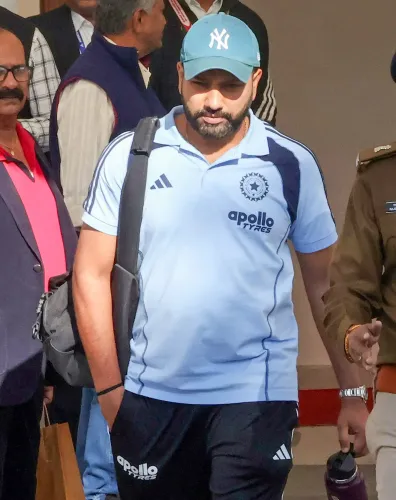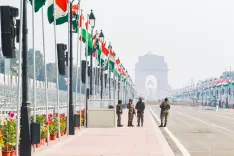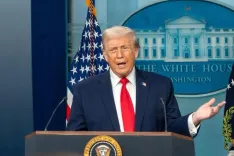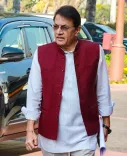Why Were Shoaib Akhtar and Basit Ali's YouTube Channels Banned in India?
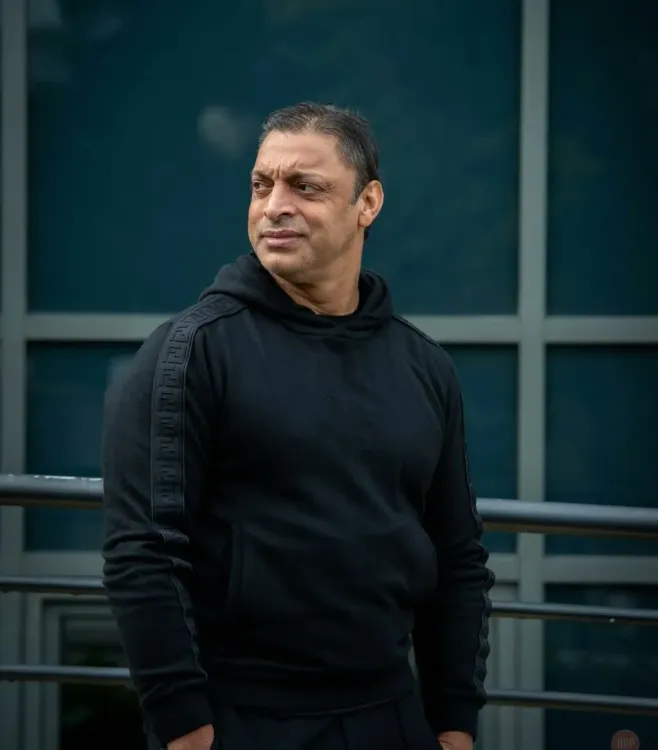
Synopsis
Key Takeaways
- The Indian government banned YouTube channels of Shoaib Akhtar and Basit Ali due to national security concerns.
- 16 other Pakistani channels were also banned for provocative content.
- The Pahalgam terror attack has escalated tensions between India and Pakistan.
- India's diplomatic response included summoning Pakistani diplomats and imposing strict measures.
- Balancing freedom of expression with national security remains a critical issue.
New Delhi, April 28 (NationPress) The Indian government has imposed a ban on the YouTube channels of former Pakistan cricketers Shoaib Akhtar and Basit Ali following the tragic Pahalgam terror attack that resulted in the loss of 26 lives in Jammu and Kashmir.
They are not the only ones affected, as 16 additional Pakistani YouTube channels have also been banned in India for spreading provocative content and false narratives against India, its Army, and security forces.
This decision was made by the Government of India based on recommendations from the Ministry of Home Affairs in light of the recent Pahalgam terror incident.
When attempting to access the cricketers' channels, viewers are met with a message stating, "This content is currently unavailable in this country due to a government order related to national security or public order." As a result, no content from their channels can be accessed in India, stripping Akhtar of a substantial audience, as he is a prominent figure in Pakistan cricket.
Other channels that have faced bans include Dawn News, Irshad Bhatti, SAMAA TV, ARY NEWS, BOL NEWS, Raftar, The Pakistan Reference, Geo News, Samaa Sports, GNN, Uzair Cricket, Umar Cheema Exclusive, Asma Shirazi, Muneeb Farooq, SUNO News HD, and Razi Naama.
In response to the attack, India has launched a vigorous diplomatic initiative by summoning Pakistan's top diplomat in New Delhi, Saad Ahmad Warraich, and issuing a formal Persona Non Grata note for all Pakistani military attaches.
This move is part of a series of strong retaliatory actions by India after Prime Minister Narendra Modi condemned the assault as a "cowardly attack on innocent civilians." The attack was carried out by the Pakistan-based terror group The Resistance Front, which has heightened tensions between the two nations.
In reaction to the attack, the Cabinet Committee on Security (CCS), led by Prime Minister Modi, introduced several strict measures. These include suspending the Indus Waters Treaty, closing the Attari-Wagah border, canceling the SAARC Visa Exemption Scheme (SVES) for Pakistani citizens, expelling Pakistan's military attaches from New Delhi, and reducing diplomatic personnel at both High Commissions.


